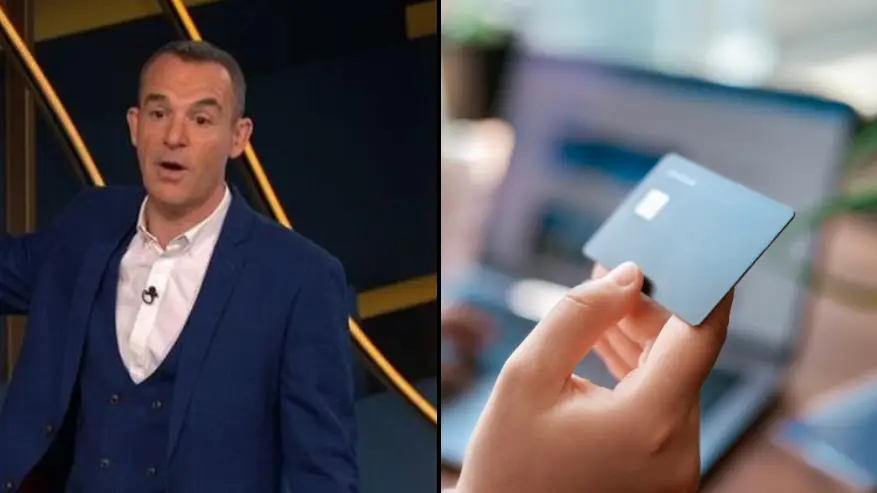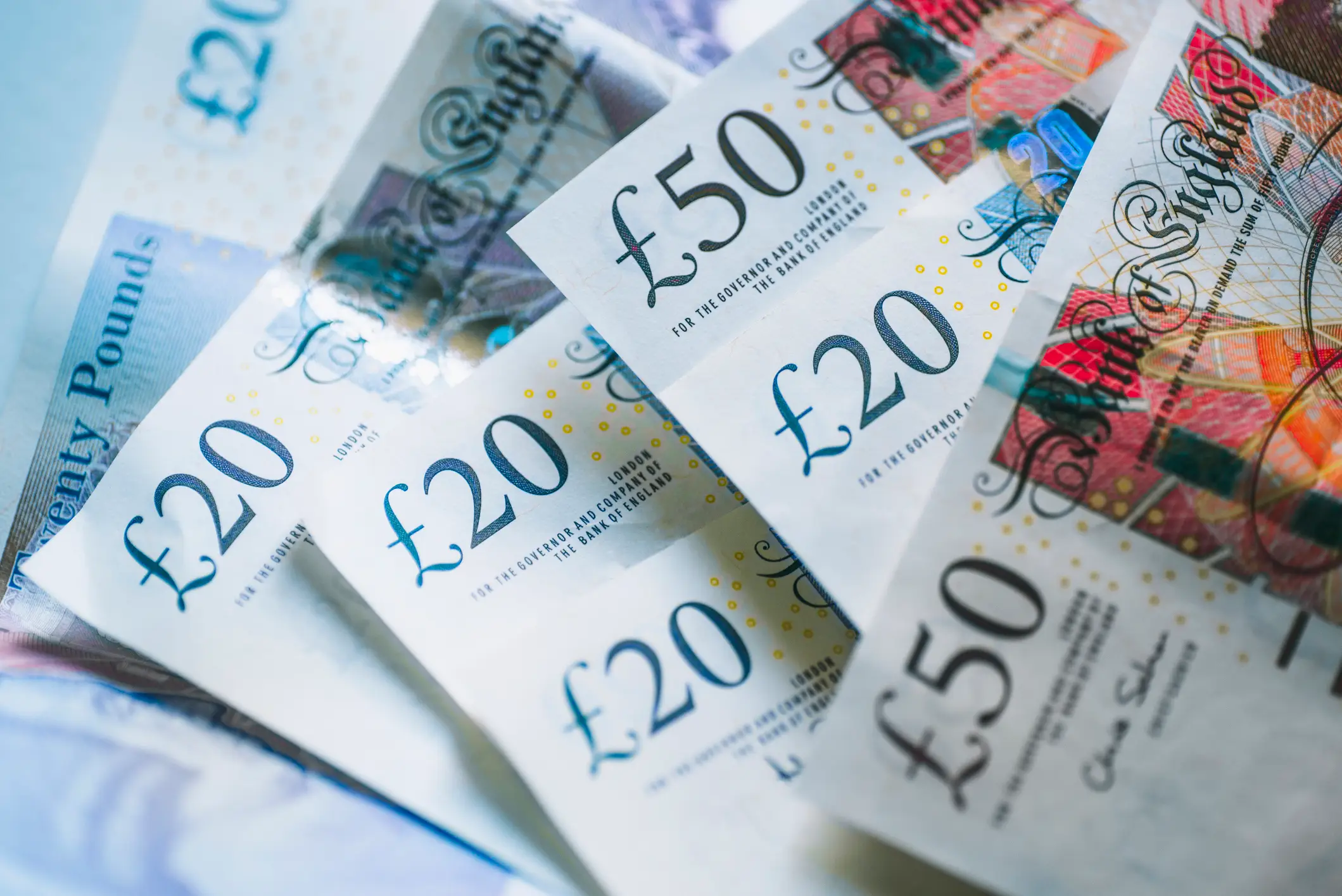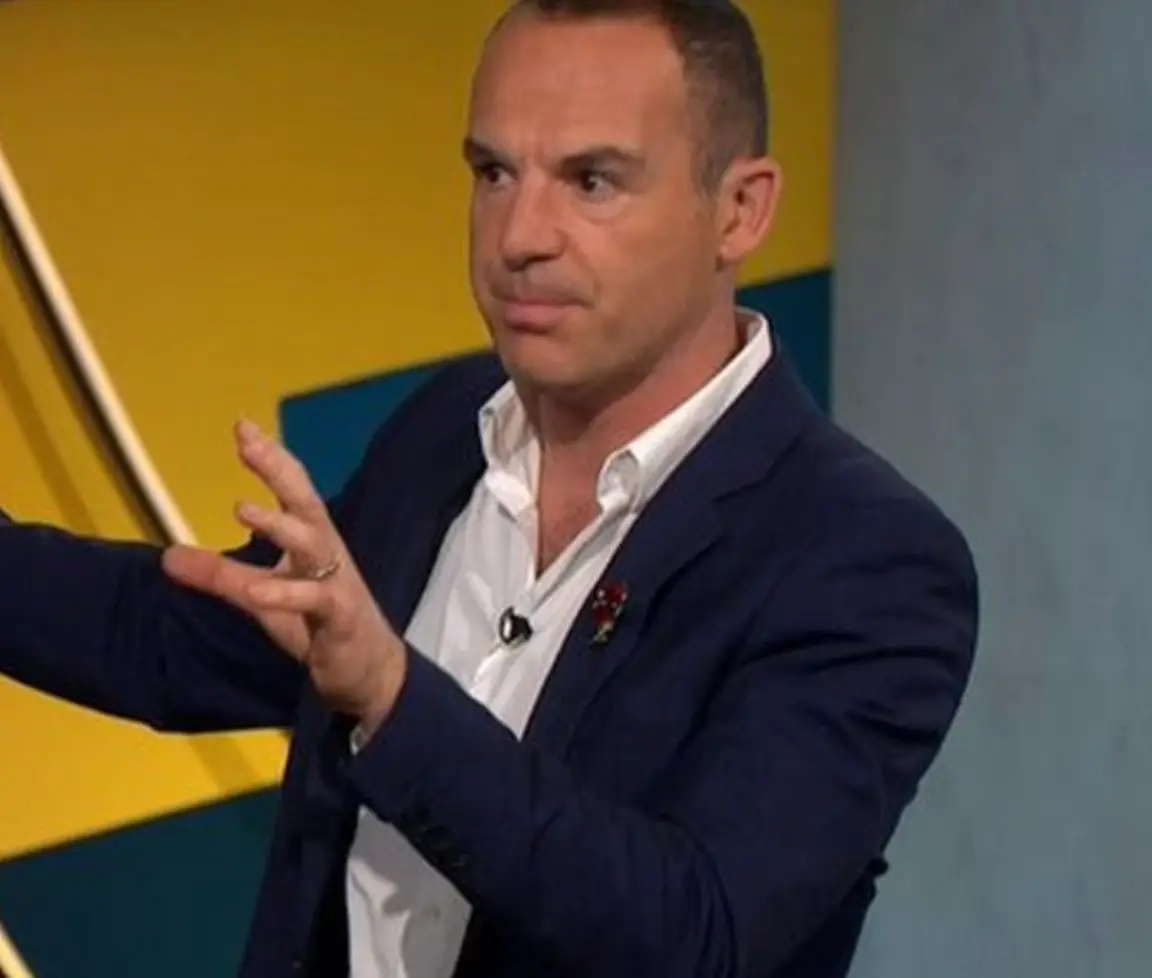
There's nothing wrong with using your debit card every now and then but financial expert Martin Lewis has warned that if you rely on it, you're making a big mistake.
This is because they are 'danger cards'.
If you're still confused as to why this is, Lewis opened about why they can come with pitfalls on The Martin Lewis Money Show Live.
Now, a debit card is something the vast majority of us use daily, whether it's to go on the milk and bread run or to splash out on something a little more lavish.
Advert

On the face of it debit cards are pretty simple, you use the card to pay for something with money from your bank account instead of using cash.
They're different to credit cards where you pay for things with money borrowed from your bank and you have to pay off the debt built up on a regular basis.
However, the Money Saving Expert explained that the cards we so heavily rely on to pay for our daily expenses can mean that we're liable to falling into debt.
But it's not just your debit card you need to be wary of, it's the overdrafts attached to your account.
Yes, the thing that allows people to access money they don't have once they completely run out of funds.

Lewis went on to say that those interest rates on most overdrafts are 'double' than the average credit card you can get from any high street bank.
These rates now stand at around 40 percent and can even jump to 49.9 percent for some banks.
This is a crazy amount compared to credit cards which have an average interest rate of around 24.3 percent APR.
Obviously this depends a whole lot on which card you go for, the term and what your credit score looks like but it's still a lot less than an overdraft and it can build up your score as you spend and pay back.
Lewis noted: "Most consumer overdrafts are now 40 percent, double a high street credit card, which means debit cards are now danger cards if you're overdrawn."
He explained it could be worth asking your bank whether there was the possibility of a zero percent overdraft, if not, there is also the option of getting a zero percent credit card.
"Now the first thing if you're overdrawn is to check your eligibility for a zero percent overdraft and to what amount," he said.
"People also ask me, can I shift my overdraft onto a zero percent card? The answer is yes, but only a few specialist cards. It's called a money transfer.
"With a money transfer card you apply for a new card and it pays the money into the bank account for you so you can get rid of your overdraft, you now owe the card.
"It's best for large overdrafts, you need a decent credit history."

The financial guru said that the best way of using an overdraft, if you have to, is to set up direct debits just before payday, to reduce the amount of time that you are overdrawn.
He also added that if you've got multiple debts, it's important to get them in order of interest rate amounts, prioritising the largest.
"Then you take all the spare cash you possibly have and you pay the highest interest rate ignoring the others," Lewis said.
"When this one goes, you then focus on clearing the next-highest interest rate.
"Once that goes, you clear the next and the next and so on.
"It's known as snowballing and it means you get rid of your debts more quickly."
Topics: Martin Lewis, Money
